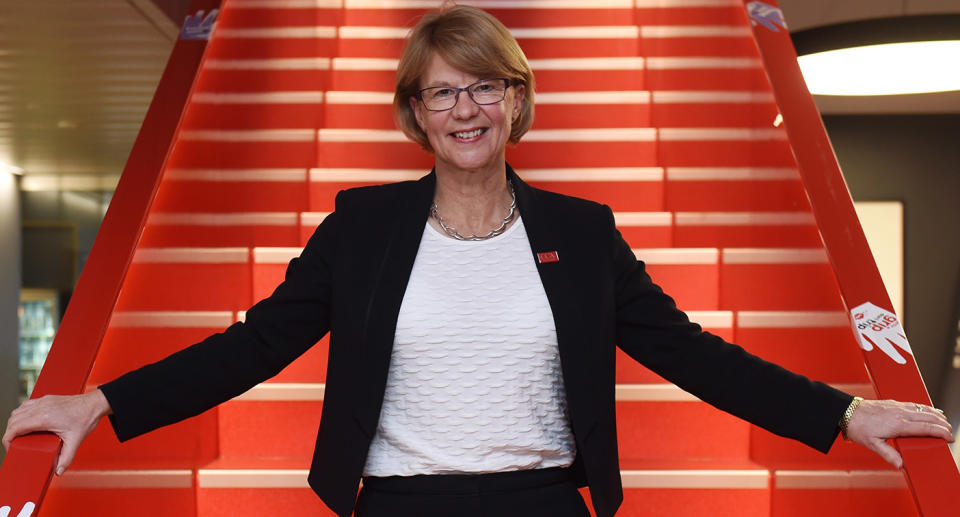How the world's most popular soft drinks are about to change
The maker of some of the world’s most popular soft drinks is making recipe changes for consumers in Australia, New Zealand and the South Pacific.
Soft drink giant Coca-Cola Amatil has revealed it will be cutting down on the amount of sugar in its beverages, aiming to reduce sugar content by 10 per cent by 2020.
The brand is making the change to the Australian and New Zealand arms of the company in an attempt to meet the demands of health-conscious consumers.
The company has already introduced Coca-Cola No Sugar and lower-sugar options such as Diet Coke.
“We’re working on different ways to bring down the sugar content but still have the drink taste the same, including using [natural sweetener] stevia,” a spokesperson told Yahoo7.
“We’ve just launched a soft drink in New Zealand that is 100 per cent sweetened with stevia which is exciting. We’ve got a lot more to come.”

For those worried about a big change in taste, the company has already lowered sugar levels in Lift by 23 per cent, Sprite by 26 per cent and Blue Powerade by 20 per cent over the past two years, without a significant reduction in taste.
The company is also focused on creating a lower-sugar option for Fanta.
For now, there won’t be any change to classic Coke. The recipe will remain the same as it always has.
“We’ve been listening to the public and what they want is a lower sugar or no sugar alternative to their favourite drinks,” the spokesperson said. “So that’s where we’re aiming to do.”
About one in four Australians are obese, according to data from the Australian Bureau of Statistics from 2014/15.
More than 30 countries are imposing sugar taxes to battle the growing obesity epidemic – and there are calls for Australia to join the charge.
Coca-Cola Managing Director Alison Watkins said a tax on sugar isn’t the answer to obesity, given consumption of added sugar has decreased in the past twenty years, and quite dramatically in the case of children.
“I think it is pretty clear that a sugar tax as such won’t address obesity and it won’t solve obesity,” she said at company’s annual general meeting on Wednesday.

“It is hard yards being an Australian manufacturer these days.
“We are concerned about the impact on our industry – not only our own manufacturing but suppliers to our industry as well.
“We think it would hurt and we are certainly opposed to it.”
She said many countries have introduced a sugar tax, where beverage manufacturers are taxed according to the volume of sugar-sweetened drinks they produce or import, but the focus has been on raising revenue rather than reducing obesity.


